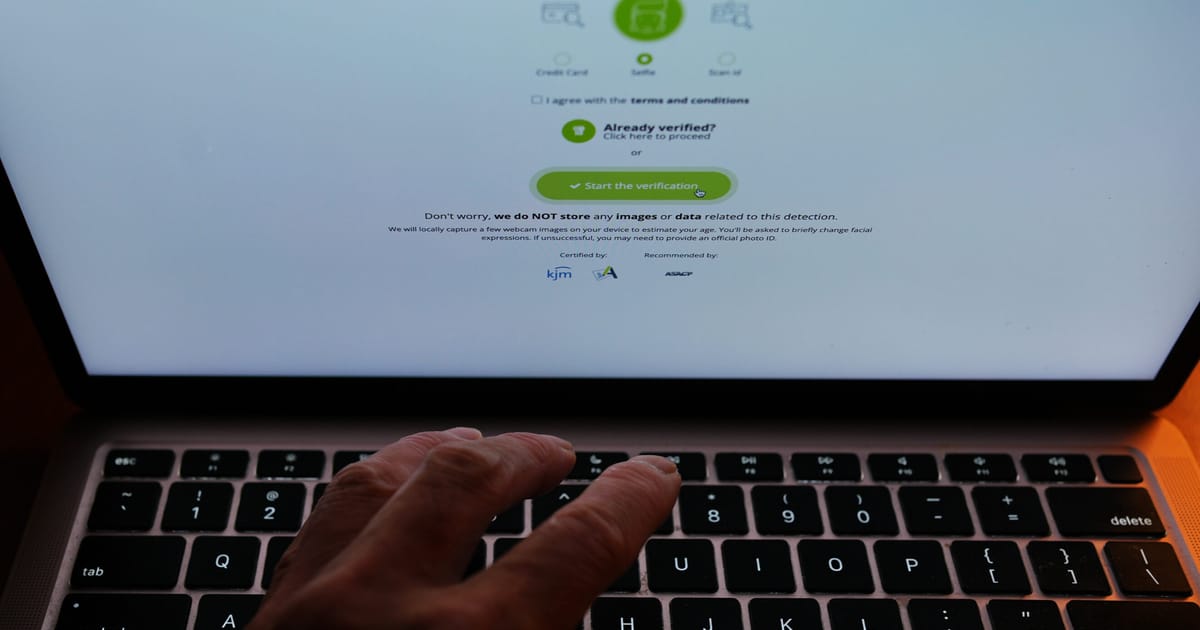The report singles out the U.K.’s OSA for criticism, claiming the rules “expressly expanded Ofcom’s authority to include American media and technology firms with a substantial number of British users, regardless of whether they had a corporate presence in the UK.”
Since a key provision requiring children be restricted from accessing content deemed harmful came into force in July, leading platforms to carry out widespread age checks, digital rights groups including Open Rights Group and Big Brother Watch raised privacy and freedom of speech concerns.
However, parts of the U.S. report mischaracterize the U.K.’s online safety laws. It claims the communications watchdog, Ofcom, is authorized by the act to “monitor all forms of communication” for illegal speech, which is not the case. The OSA also does not enable the regulator or the government to direct the removal of specific items of content.
Instead — as the report later outlines correctly — service providers have a more general obligation to prevent users from encountering such content, while protecting their right to freedom of expression.
The report also highlights some experts’ warnings that “one effect of the [Act] could be government regulation to reduce or eliminate effective encryption (and therefore user privacy) on platforms.”
The U.K.’s previous Conservative government pulled back from enforcing the Act’s “spy clause” after conceding that the technology to securely scan end-to-end encrypted messages for child sexual abuse material without undermining privacy did not yet exist. Digital rights groups fear encryption-breaking surveillance could still be pushed in the future, as it still forms part of the OSA.
The Home Office is currently locked in a legal row with Apple over end-to-end encryption after the company refused to grant access to information secured to its Advanced Data Protection system earlier this year, but the dispute relates to the Investigatory Powers Act (dubbed “Snooper’s Charter” by critics) rather than the OSA.
The Financial Times reported last month that senior Washington officials, including Vice President JD Vance, were pressuring the U.K. to drop its fight with Apple over encryption.
